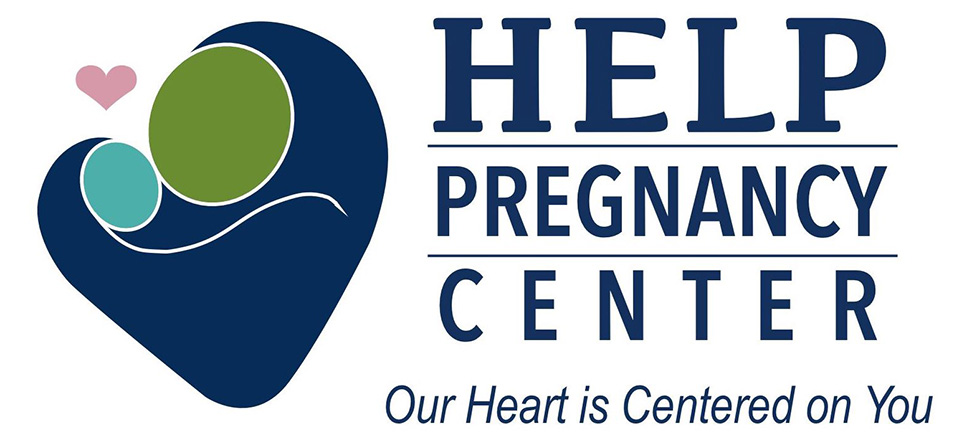“We are given children to test us and make us more spiritual.”
~George Will, U.S. Journalist
“Clinical experience shows that men become hostile when they have been excluded from decision making and when they discover they have been deceived and manipulated.
“Men, like women, are human and imperfect. They may undergo equivalent feelings of shock, denial, and anger. It is not a simple process, but a natural one requiring frank, open, sensitive and caring communication. It may be difficult, but communication ultimately breeds caring, maturity, and intimacy.
“In the abortion decision, all too frequently the male’s role is marginal and passive. He may be bypassed by his sexual partner, ignored at the abortion clinic, and helpless in the act and aftermath of the abortion itself. This role conflict may well be responsible for some of the increase in male sexual dysfunction.
“Nowhere is the abortion experience more painfully felt than in the area of a man’s role expectation to be responsible and to protect his loved ones. The results of a national poll indicate that three out of four respondents still believe that the ideal man is one who will fight to protect his family. Yet how can one protect, when one is not allowed by law to be involved in a life-or-death decision?
“On the other hand, abandoning responsibility fits nicely into the mainstream of abortion thinking. For men who don’t care about the women they impregnate, abortion is a neat disposal system of the evidence of their sexuality and a conclusive abdication of any responsibilities.
“Once the abortion has taken place, males may require as much emotional support as females. For either sex, the loss of a child is a loss like none other. Guilt and grief can be tenacious, and they cannot be willed away.
“One of the best remedies for guilt is the bright light of self-disclosure. Talking about old unfinished business helps clear up guilt and has been known to generate small miracles.
“Resistance to feelings, not the feelings themselves, is often the major portion of the problem. When feelings are opened up and allowed to be felt deeply, they can bring knowledge. The full expression of these feelings may last only minutes, but a freer, more self-accepting individual results.
“Reconciliation of the death of one’s unborn child ultimately involves the act of forgiveness. Forgiveness for abortion flows from being willing to know the truth and tell the truth. To grow is to forgive oneself no matter the degree or nature of the mistake.
“Unfortunately, people often get stuck in trying to forgive before they accept their own feelings exactly as they are. Thinking that they should or must forgive, and attempting forgiveness, prevents them from actually experiencing it.
“Abortion is a far greater dilemma for men than researchers, counselors, and women have even begun to realize. Many men are victims of abortion along with women and unborn children. For now, they are often silent sufferers, bewildered and frustrated by their responses to abortion. With time, perhaps, a true equality of the sexes will provide for more democratic decisions, more love and less pain, and the realization that abortion is no solution at all.”*
*Rue, V. (2002). “Forgotten Fathers: Men and Abortion.” Life Cycle Books: Fort Collins, CO.
◊ To find healing through counseling, please call HELP Pregnancy Center and ask about post-abortion peer counseling.
